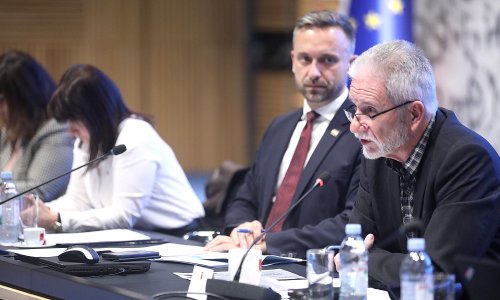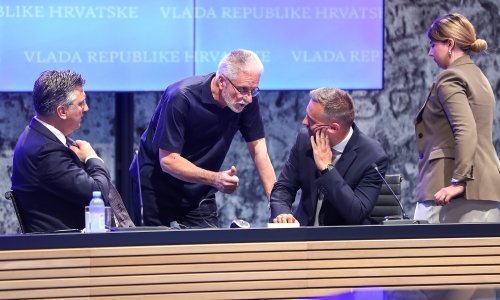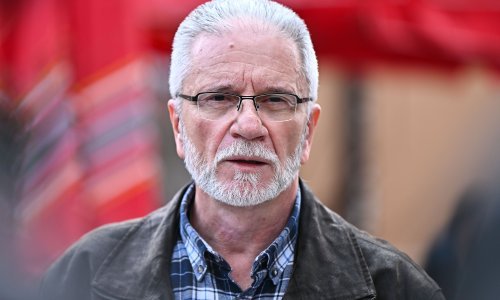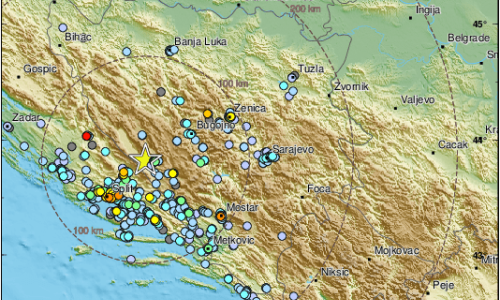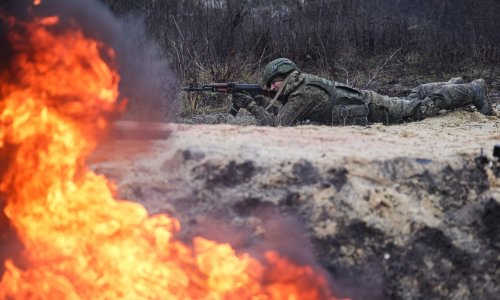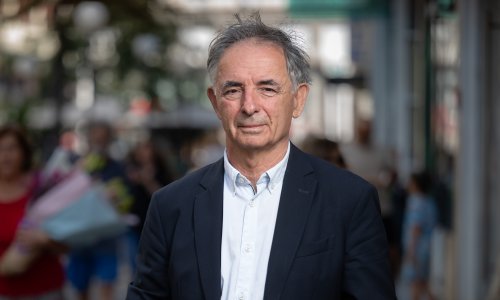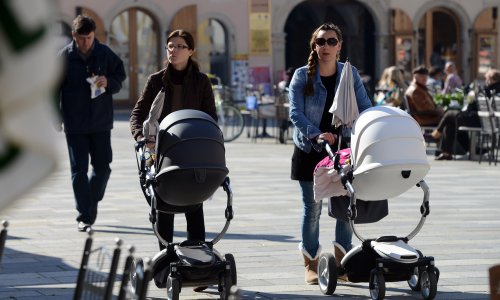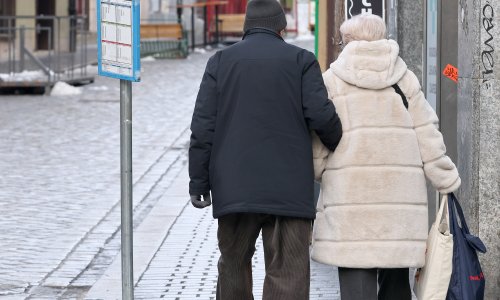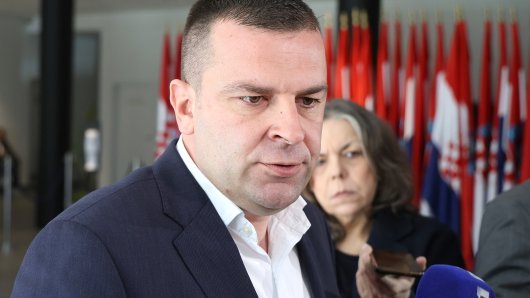There is no justice in the Croatian pension scheme as the average pension of HRK 2,300 cannot provide for dignified living, heard a round table debate on the Croatian pension system, which was held in Zagreb on Wednesday.
The average pension can cover only 60 percent of the minimum living costs, said the NHS trade union federation leader, Kresimir Sever, at the round table debate, organised by three trade union federations.
Sever said that mistakes made during the restructuring of pension systems which countries in the region carried out in the early 2000s were now evident.
This unionist believes that the story about the first (compulsory, standardized, state-run pension system) and the second (voluntary) pension pillar had damaged the largest number of pensioners.
He said that paying into the first pillar should be enough to ensure normal living.
Sever said that an agreement on "thorough overhauling of the Croatian pension scheme" should soon be signed with the government.
The HUS trade union federation leader Ozren Matijasevic urged the immediate revocation of the privileged pensions for office-holders and for those who pass the laws which do not apply on them, and consequently make it possible for themselves to receive pensions four times higher than the average pension.
The SSSH trade union federation leader Mladen Novosel said that the pension scheme could be sustainable only if contributions and taxes were regularly paid into pension funds.
Predrag Bejakovic of the Institute of Public Finance warned that the long-term sustainability of the pension scheme was at risk and the reason for it lay in an increasing number of pensioners and early retirement of people living increasingly longer.
Bejakovic proposed increasing the full retirement age in order to adjust the contributions into pension funds and their expenses.
The head economist in the World Bank office in Croatia, Sanja Madjarevic Suster, said that goals which the Croatian government outlined in its Economic Recovery Programme in April earned approval from the World Bank, as those measures should additionally stabilise the entire pension system.
She said that the problems were connected not only with the first pillar but also with the second pillar which she said have a low investment rate.
Only five percent of the total 20 percent contributions are paid into the (second) pillar, while administrative costs of running that pillar are high, she said.
When it comes to the first pillar, one of the problems is that 20 percent of the total expenditures from that pillar is spent on pensions under special (privileged) regulations, Madjarevic Suster said.





